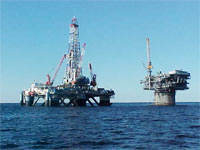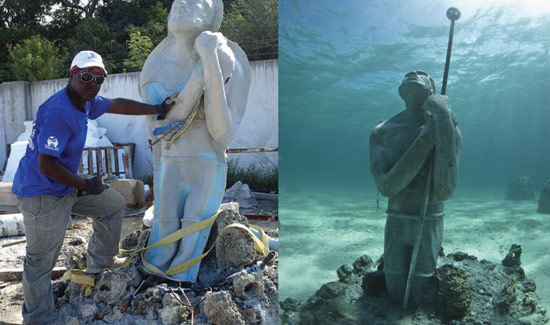
Drilling for oil in The Bahamas is a contentious issue, yet it is one that can only be resolved by moving the process forward. Under the previous administration, the process was delayed when a moratorium was placed on oil exploration in the wake of the Deepwater Horizon spill. And now, the government has feigned decisiveness by confirming compliance with license requirements subject to a public referendum on oil exploration and drilling.
While public involvement is the foundation of a democracy, public officials are elected because they encompass the qualities and intellect to lead and implement policies that positively impact future generations. When needed, government officials seek expert advice and consultation to steer technical policy decisions.
Oil drilling carries a heavy burden because the economic benefits are vast yet clouded by the potential for an environmental disaster and corruption. This confluence of socio-economic and environmental factors compounded by cutting-edge technology requires a team of experts to model, analyze and report various scenarios to the layman.
Will the people be adequately informed and educated on oil drilling specific to The Bahamas? For a country with a dearth of technical professions, it seems very unlikely that voters will be fully prepared to make this very important decision.
Unfortunately, whether members of the public approve or reject oil drilling in The Bahamas, they will be the scapegoat for the lack of political will by either governing party, the Free National Movement (FNM) or Progressive Liberal Party (PLP), to make a decision.
A referendum should not be used as a political ploy to deflect responsibility.
Even if the last exploratory well was drilled in 1986, why has the government decided that it now requires a public referendum? Credible attempts to add The Bahamas to the list of oil producing countries have been on-going for the past 60 years.
A frenzy of activity occurred between 1945 and 1971 followed by a subsequent gap until 1982 when amended petroleum legislation stimulated a brief renewal in interest. Licenses were held at one time by Chevron, Texaco, Mobile and other principle operators still largely recognizable today.
Unlike previous attempts, the combination of technological advancements, the rise in crude oil prices and the continued expenditure of resources by BPC, this may well be the first time in Bahamian history that oil extraction becomes possible as a viable industry.
With the Deepwater Horizon spill still featuring prominently in discourse, the government may fear a public relations disaster by endorsing oil exploration. But the physical conditions south of Andros differ vastly from the Deepwater Horizon in the Gulf of Mexico.
The Bahamas is in a perilous economic state with the International Monetary Fund (IMF) noting the GDP-to-debt ratio approaching 60 percent in part because of “contingent liabilities among public corporations such as the Bahamas Electricity Corporation (BEC)”. In an ironic twist of fate, the very industry under scrutiny holds the country hostage for energy production because oil prices continue to rise.
But statements from the IMF touting the potential revenues based on the size of oil deposits should be carefully regarded. Lessening The Bahamas’ reliance on petroleum products for energy production would be a significant economic stimulus, and oil revenues, if approved and if extracted, would be an added bonus. The Bahamas cannot wait and count on prospective oil resources to become self-sufficient.
The government of The Bahamas must commit to investment in renewable energy technologies. Diversifying the energy portfolio of The Bahamas is an act that does not require a referendum.
Editorial from The Nassau Guardian


